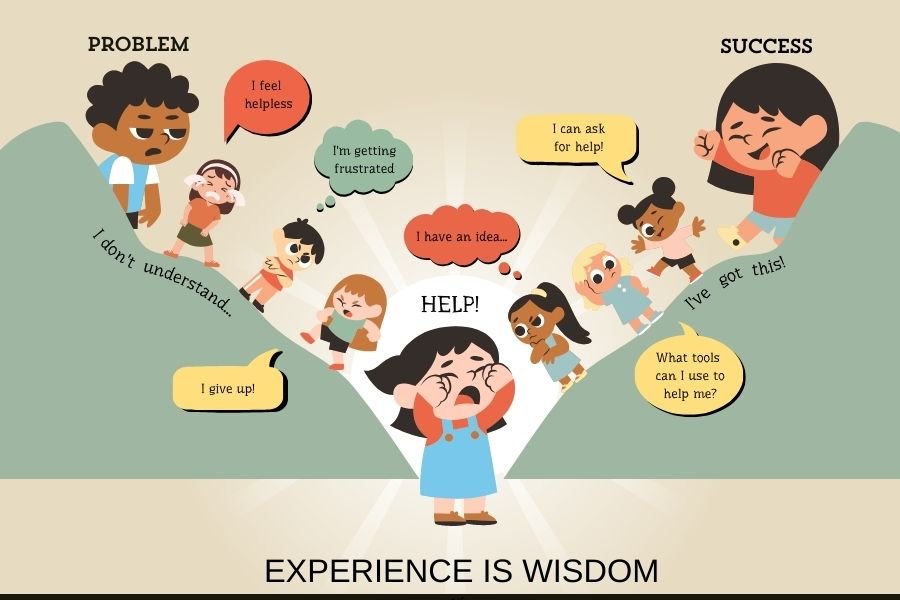Addressing Stress
Stress is something that as adults, we have all learned to live with. However, not many realize that stress can also have an impact in the classroom and can negatively affect the learning process… Is it possible to eliminate this demon?
Stress is associated with all sorts of emotional and physical reactions that mar the thought process of a person and it is a term that most of us are familiar with and are petrified of. However, to understand the stress and its causes, it is important to first define stress. In simple terms, stress is the body’s reaction when we feel pressured. This could be when we are expected to achieve a goal or complete a task with lesser resources or we feel worked up because of the situation that we are in. What we don’t realize is that it does not take a lot of pressure for our body and mind to begin reacting. We may not always express it, but even the anticipation of facing something that we may not be able to deal with has an impact. Considering this, imagine the impact that stress can have on a child in the classroom and how many of these signs would simply be ignored because of the demands on a teacher’s time. Stress can reduce the ability of a child to learn and assimilate information and knowledge. It creates a barrier and blurs understanding. This can have a huge impact on the entire learning process and it definitely needs to be addressed. A few steps that can be taken to do so are:
Reconsider the environment
The classroom is a space where there is a lot happening and not every child can deal with the level of activity and the expectations of the adults in this space in a calm and composed manner. This can lead to flare-ups, obstinate behavior, lowered participation, and a lot of other behavioral issues. To deal with these, offering an environment that is inclusive and where the aim is to not just compete but to completely imbibe a concept or to complete a task should be encouraged.
Relook at stress
Sometimes a change in perspective can go a long way. Reconsidering stress and redefining expectations can reduce the stressors and create a nurturing environment which is a necessity for learning. Instead of being forced to deal with stress children should be motivated to look for solutions to deal with situations that they find stressful. They should be encouraged to talk to the teacher about things that bother them and should be taught how to deal with them.
Stress in a classroom inhibits learning and therefore defeats the purpose of education. Armed with the understanding that it is close to impossible to remove all stressors in the dynamic environment that a classroom offers, it imperative for educators to create a space where stress is minimized and dealt with in an effective manner.
Author: Latika Sakhuja, Sitender Sehrawat














